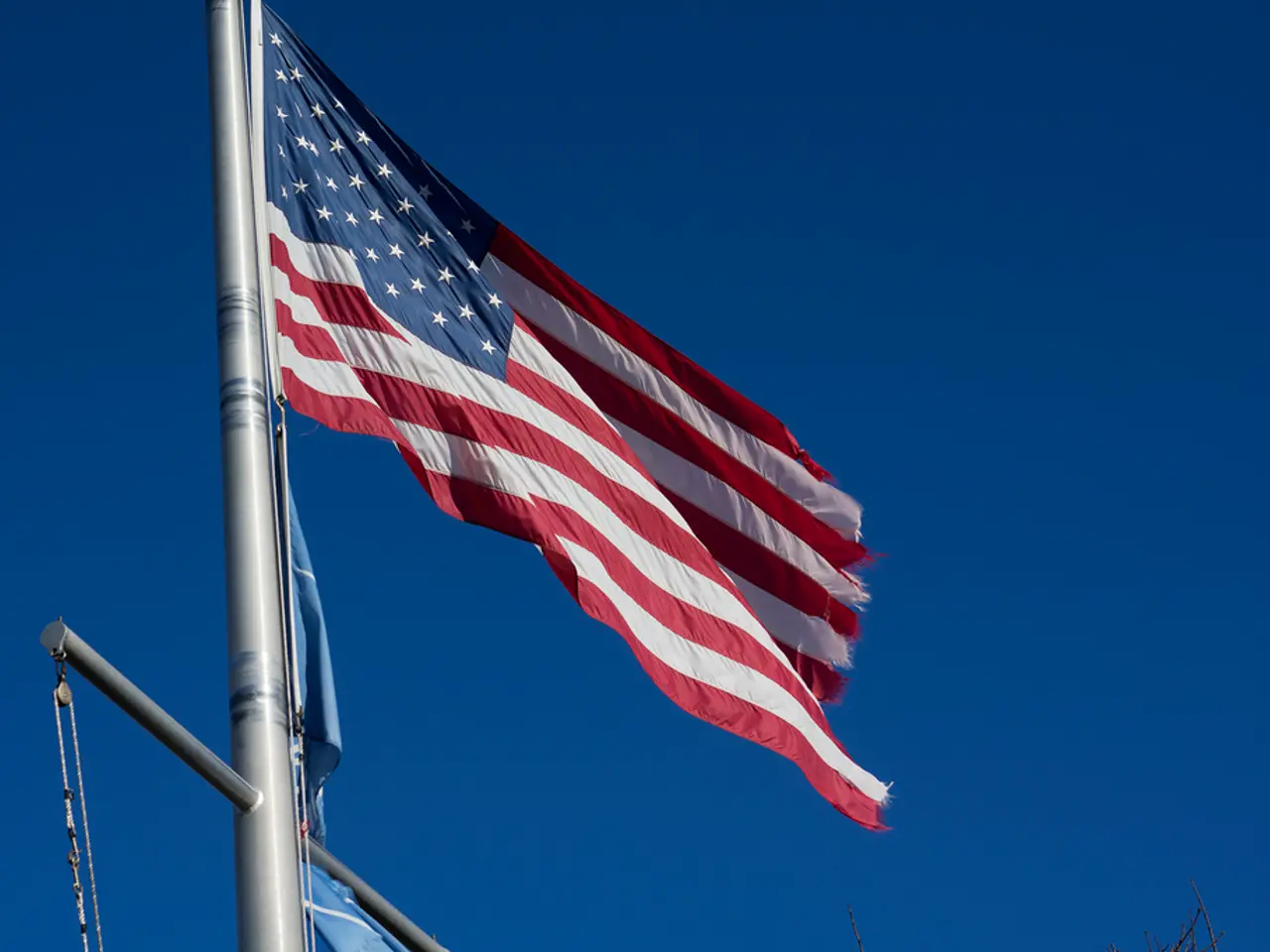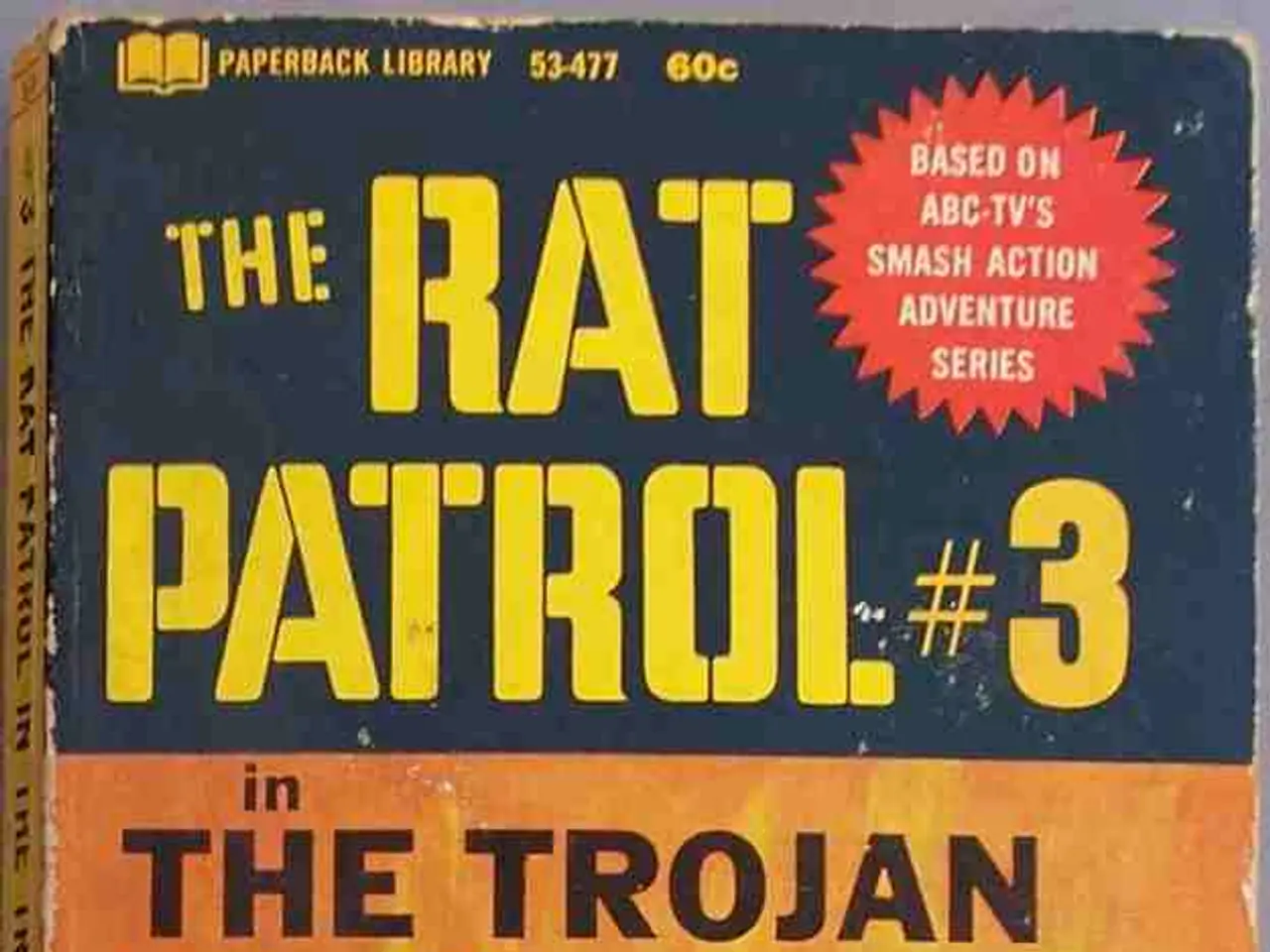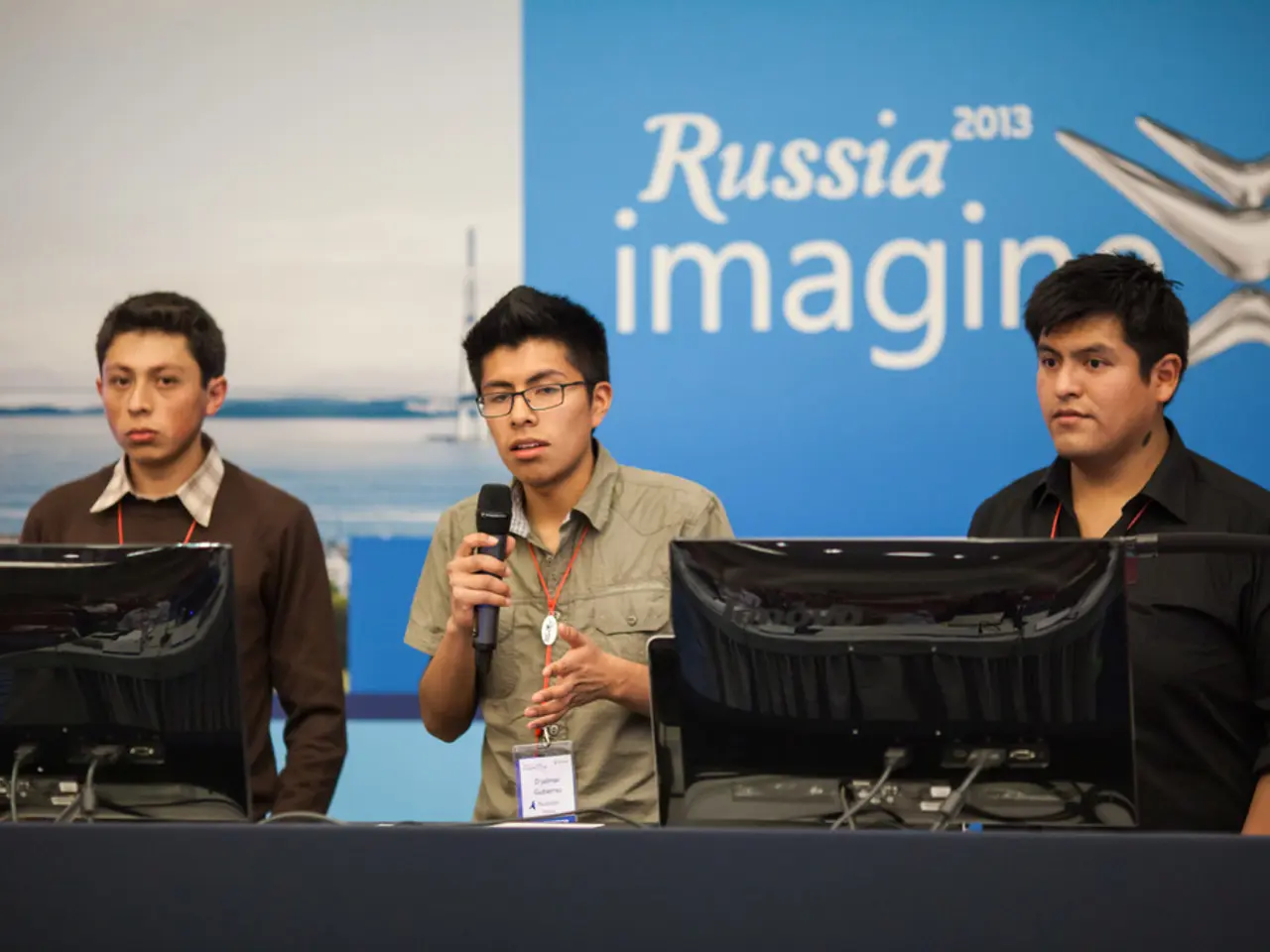Proud Americans Among Democrats: A Study Reveals Just 36%
In the lead-up to Independence Day, a poll by Gallup reveals a notable difference in the sentiment towards American patriotism among Democrats and Republicans. According to the poll, only **36% of Democrats are very proud to be American**[1]. This trend has caught the attention of Republican strategist Matt Locke, who sees it as a significant cultural divide.
Locke expressed concern that Democrats have become "afraid to be Americans" and suggested that in today's political climate, **displaying the American flag or overtly expressing love of the country is often associated with being a Republican**. He described the situation as "crazy, but a reality," asserting that Democrats increasingly support radical left-wing candidates and ideologies such as socialism or communism[1].
Locke attributed this shift to educational and ideological influences, saying that indoctrination in schools, universities, and Diversity, Equity, and Inclusion (DEI) initiatives have led a generation of Democrats to reject traditional American pride[1].
In contrast, Locke highlighted that a large majority of Republicans continue to openly express pride in America. Rep. Wesley Hunt, a Republican from Texas, is one such example, calling for July to be recognized as 'American Pride Month' with the goal to 'Make Patriotism Cool Again'[1].
Here's a summary of the current sentiments:
| Aspect | Democrats (Gallup Poll & Locke's View) | Republicans (Locke's View) | |----------------------------------------------|-------------------------------------------------------------|----------------------------------------------------| | Percentage very proud to be American | 36% | Vast majority | | Sentiment about flying/displaying flag | Often seen as problematic or linked to extreme views | Seen as a strong patriotic symbol | | Perceived ideological shift | Moving left, embracing socialism/communism, less national pride | Embrace traditional patriotism | | Causes of Democratic sentiment (per Locke) | Indoctrination in education, DEI influence, radical candidates | N/A | | Republican initiatives | Calls for American Pride Month to promote patriotism | N/A |
This divergence suggests that as of mid-2025, there is a stark partisan divide in attitudes toward American patriotism, with Democrats showing less pride and Republicans reinforcing patriotism as a core value, as framed by Locke and the cited poll[1].
[1] Sources: Gallup Poll, Matt Locke's comments (various media outlets)
In light of the Gallup poll, Democrats appear to have a lower percentage (36%) of individuals who are very proud to be American, as compared to a vast majority of Republicans. This contrast in sentiment is pointed out by Republican strategist Matt Locke, who suggests that Democrats have grown wary of expressing their American patriotism due to it often being associated with being a supporter of the Republican Party.
Matt Locke believes that the shift in Democratic sentiment can be attributed to influences in education, universities, and DEI initiatives, which he alleges lead to a rejection of traditional American pride. In contrast, a significant number of Republicans openly express pride in America and are actively promoting it, with Rep. Wesley Hunt from Texas advocating for July to be recognized as 'American Pride Month' with the goal of making patriotism cool again.
The divergence in attitudes suggests a stark partisan divide on American patriotism in mid-2025, with Democrats showing less pride and Republicans emphasizing patriotism as a core value, as observed by both the cited poll and Matt Locke's comments. This divide can also be seen in the differential acceptance of expressing patriotism through the American flag, with some Democrats viewing it as problematic while Republicans see it as a strong symbol.
This situation extends beyond political sentiments, affecting areas such as policy-and-legislation, migration, war-and-conflicts, crime-and-justice, general-news, accidents, fires, and other aspects of American society. The allegiance to left-wing policies and ideologies such as socialism or communism by some Democrats further underscores the ideological breach between the two political parties.








